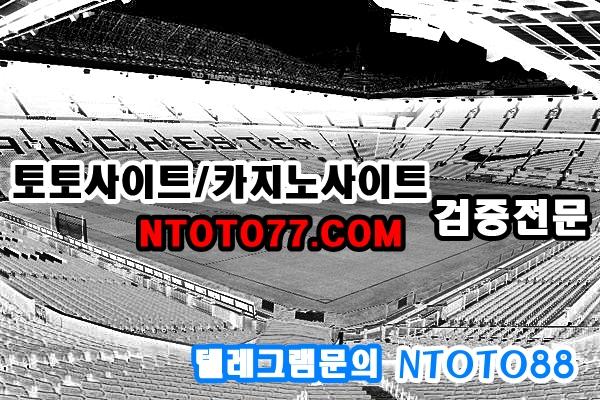토토사이트 검증
Sports Offer Opportunities To Bring People Together, But Initiatives To Change Team Names, Traditions Still Often Resisted: Chris Knoester 토토사이트 검증
COLUMBUS, Ohio - - The change from Cleveland "Indians" to "Gatekeepers" — subsequent to gradually getting rid of Chief Wahoo- - mirror a few changes in sport rehearses in light of antiracist drives. Name changes, and alterations to apparently bigoted images and customs, have been reactions to long-term lobbyist endeavors, building pressures, and communicated attention to standardized prejudice.
However, some accept such changes originate from "social sensitivity" or "drop culture."
Consideration regarding Native American group names and mascots has zeroed in on their impolite nature, damage, and imagery of the treatment of Native Americans from the beginning of time. By and by, calls for and protection from changes in their utilization reflect numerous contestations over race/nationality in sports and society.
Chris Knoester is a human science teacher at Ohio State University who has practical experience in concentrating on sports and society issues.
Chris Knoester is a humanism teacher at Ohio State University who has some expertise in concentrating on sports and society issues.
In my exploration with Carter Rockhill in Socius, we consider Native American group name and mascot debates as equals to antiracist drives in the more extensive political and social domains. We asked about popular assessment on the end of Native American group names and mascots.
Then, at that point, we hoped to perceive how places of honor and predominance in the public arena, bunch affiliations and in-bunch personalities, conservativism, and the acknowledgment of racial separation impacted conclusions about antiracist activism on this issue.
We utilized information from the National Sports and Society Survey. It overviewed 3,993 U.S. Grown-ups in 2018-19 about numerous parts of their lives.
The outcomes uncovered that 47% of U.S. Grown-ups couldn't help contradicting killing Native American group names and mascots; 44% concurred and 9% "didn't have the foggiest idea".
Strikingly, white, male, hetero, more established, not so much taught, but rather more provincial grown-ups were especially less inclined to lean toward the disposal of Native American group names and mascots.
Christians, traditionalists, and the individuals who were less inclined to perceive segregation as a primary justification behind white-nonwhite contrasts in financial accomplishments were additionally more impervious to supporting such antiracist changes.
To start with, our examination features that sports are darling social practices, yet they are likewise group environments where social qualities — like bigotry and conscious incorporation of various people groups — are initiated, tested, and arranged. Contentions over Native American group names and mascots epitomize this.
Second, it exhibits that numerous — while possibly not most — Americans keep on being OK with Native American group names and mascots. North of 1,000 keep on being used in secondary schools proficient groups actually use names like "Conquers," "Bosses," and "Blackhawks," related symbolism, and customs that many individuals see as hostile.

By using this site you agree to this Privacy Policy. Learn how to clear cookies here
Baytown Window & Door Solutions Ine Beyen: Die Frau, die ihre Ängste überwand und ihren Träumen folgte Vad är egentligen normala cykler? Ristorante pizzeria RistoPizza Lion BET88 - BET88COM.INFO WEBSITE TRANG CHỦ LINK CHÍNH THỨC Shohei Ohtani: De Baseball-tovenaar 사설토토 안전놀이터 메이저사이트